Loneliness and Connection at Work: Addressing loneliness through inclusive leadership.

👋🏻 Hello growth seekers,
The clatter of espresso machines echoed through the empty café as the sun began to rise over Seattle. Howard Schultz, then a young marketing executive, sipped his coffee and stared out the window, contemplating a decision that would shape the future of Starbucks. In this quiet, reflective moment, Schultz embraced his fears of potential failure and isolation, deciding to buy out the original Starbucks owners and transform the small coffee chain into a global phenomenon. This pivotal moment was not just about business strategy; it was about understanding the profound need for connection in every workplace he would touch. Schultz’s decision stemmed from his belief that Starbucks could be more than just a place to get coffee; it could become a ‘third place’ between home and work where people could connect and feel a sense of community. His vision was to create an environment that offered more than just a beverage but an experience that nurtured human interaction and connection.
Schultz’s early life played a significant role in shaping his vision for Starbucks. Growing up in a poor neighbourhood in Brooklyn, he witnessed firsthand the struggles of his family and neighbours. His father, a truck driver, worked long hours in tough conditions without much appreciation or support. These experiences ingrained in Schultz a deep understanding of the importance of empathy and community. He knew that creating a supportive and inclusive work environment could make a substantial difference in people's lives. This empathy-driven approach became a cornerstone of his leadership style, influencing every decision he made as he expanded Starbucks.
🧩 The Roots of Loneliness at Work
Loneliness in the workplace is a growing concern, with many employees feeling isolated despite being surrounded by colleagues. This can stem from a lack of meaningful connections, ineffective communication, and a culture that prioritizes competition over collaboration. Studies have shown that loneliness can lead to decreased productivity, higher turnover rates, and significant mental health issues. Howard Schultz’s leadership at Starbucks serves as a powerful example of how inclusive leadership can address these issues. Schultz’s approach was deeply influenced by his own experiences growing up in a low-income family in Brooklyn. He understood the value of connection and community, which he embedded into Starbucks' corporate culture. By fostering an environment of empathy, open communication, and empowerment, Schultz created a workplace where employees felt seen, heard, and valued. Schultz’s efforts to create an inclusive and connected workplace were multi-faceted. He implemented open forums where employees could voice their concerns and ideas directly to the leadership team. This practice not only empowered employees but also ensured that their voices were heard and valued. Additionally, Schultz introduced comprehensive health care benefits and stock options for all employees, including part-time workers. This move was revolutionary at the time and demonstrated Schultz’s belief that every employee, regardless of their position, deserved to be treated with dignity and respect. The culture of inclusion and support at Starbucks also extended to the community, with initiatives aimed at supporting local businesses and creating spaces where people from diverse backgrounds could come together.
✨ Practical Applications of Inclusive Leadership
The inclusive culture Schultz cultivated at Starbucks had far-reaching impacts, leading to higher job satisfaction, lower turnover rates, and a stronger sense of community among employees. By prioritizing personal and professional growth, Schultz demonstrated that addressing loneliness is not just a moral imperative but also a strategic one. Leaders today can learn from Schultz by balancing transparency with confidentiality, creating safe spaces for employees to share their thoughts and concerns, and developing their emotional intelligence skills. This involves regular one-on-one check-ins focusing on both work tasks and personal well-being, as well as fostering peer support networks through mentorship programs and team-building activities. Developing emotional intelligence is crucial for leaders to understand and manage their own emotions and to empathize with their employees. Training in emotional intelligence can improve interpersonal skills and create a more empathetic and connected workplace.
Practical tools
In this "Practical Tools" section, we've put together a set of resources to support your personal growth journey. Chosen for those keen to explore deeper and refine their leadership qualities, these tools are designed with genuine intention. Here, it's all about taking meaningful steps towards personal betterment. Let's begin!”
🗣️ Deep Empathy Mapping
Imagine walking into a Starbucks and feeling the warmth of a place that genuinely cares about your well-being. This atmosphere didn't happen by accident; it was the result of Schultz’s deep understanding of empathy. Leaders can apply this by conducting empathy mapping exercises. Empathy mapping involves gathering detailed insights about employees' experiences, emotions, and needs. Begin by observing and engaging in conversations with team members to understand their daily challenges and aspirations. Create a visual map that outlines what employees see, hear, think, and feel in their roles. Use this map to identify pain points and opportunities to enhance their work experience.
🤝 Transformative Peer Mentorship Programs
At Starbucks, Schultz emphasized the importance of community and support. Drawing from this, implement a transformative peer mentorship program. Pair seasoned employees with newcomers in a structured mentorship relationship that goes beyond professional guidance. Encourage mentors to share their personal journeys, including struggles and triumphs, to build a deeper connection. Regularly scheduled mentorship meetings should include goal-setting, skill development, and personal growth discussions. Additionally, organize group mentoring sessions where multiple mentors and mentees can share experiences and support each other.
📣 Interactive Town Hall Meetings
Howard Schultz was known for his open forums and transparent communication style. Emulate this by hosting interactive town hall meetings. These meetings should be more than just updates from leadership; they should be a platform for genuine dialogue and connection. Start by sharing company successes, challenges, and future plans, but then open the floor to employees. Encourage questions, feedback, and ideas in a safe, inclusive environment. Use technology to allow remote employees to participate fully. Incorporate small group discussions during these meetings, where employees can brainstorm solutions to company-wide issues and present their ideas.
Food For Thought
Welcome to the "Food for Thought" section, your gateway to a curated selection of resources that will nourish your curiosity and inspire your creative journey. In this corner of Growth Republic, we bring a collection of insightful resources that you can look for on the web, from thought-provoking podcasts or books, to illuminating online articles that can expand your horizons and deepen your understanding of the topics we explore. Consider it your intellectual pantry, stocked with ingredients to feed your mind, and ignite your creativity. Dive into these resources and let the feast of knowledge begin.
📚 Book: "Onward: How Starbucks Fought for Its Life without Losing Its Soul" by Howard Schultz
This book provides a firsthand account of Schultz’s leadership journey, offering insights into how he navigated challenges while fostering a culture of connection and community.
🎧 Podcast: "Masters of Scale" Episode featuring Howard Schultz
Hosted by Reid Hoffman, this episode explores Schultz’s leadership principles and how he built a company culture that prioritizes empathy and inclusion.
📖 Article: "What Great Managers Do" by Marcus Buckingham (Harvard Business Review)
This article delves into the practices of effective managers, including techniques for building strong connections and fostering an inclusive workplace.
📚 Book: "The Culture Code: The Secrets of Highly Successful Groups" by Daniel Coyle
Coyle’s book explores the dynamics of successful teams and organizations, highlighting the importance of building trust and fostering a sense of belonging.
Quote Of The Week
«Great companies that build an enduring brand have an emotional relationship with customers that has no barrier. And that emotional relationship is on the most important characteristic, which is trust.» - Howard Schultz
About the Author

Hi, I am Cesare Zavalloni. I am a Certified Executive Coach by IMD business school and a member of International Coaching Federation (ICF) and the Swiss Association of Mountain Leaders (ASAM). I bring more than 20+ years of experience as corporate executive in Fortune 100 companies and as outdoor adventurer. My purpose is to guide, encourage and inspire young professionals and executives like you to see your authentic leadership nature and the new possibilities this realization creates.
Enjoy this newsletter?
Forward to a friend, sharing is caring.
Was this forwarded to you? If you would like to receive it in the future, subscribe here.
Anything else? Hit reply to send us feedback or say hello. We don't bite!
Here's to a future of growth and success!



